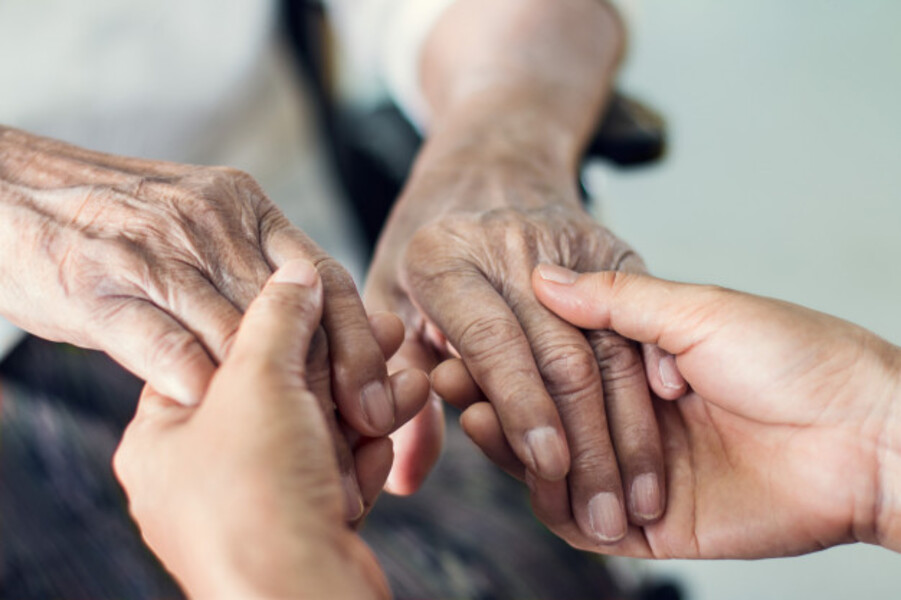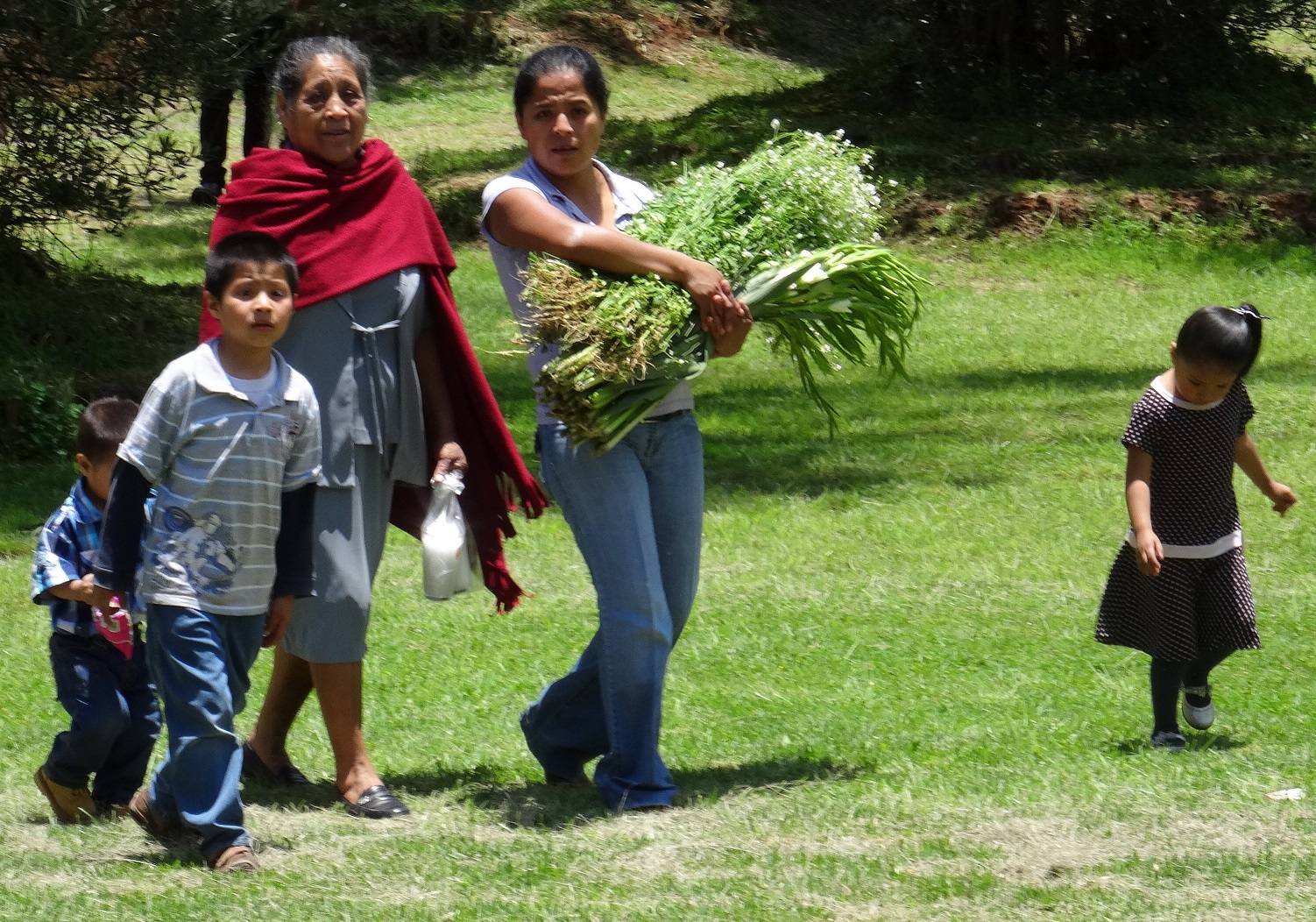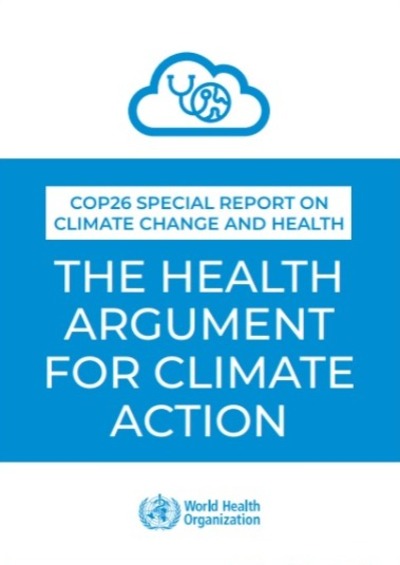Assessing Heterogeneity in the Health Effects of Social Pensions Among the Poor Elderly: Evidence from Peru
By Noelia Bernal Lobato, Javier Olivera & Marc Suhrcke This paper exploits the discontinuity around a welfare index of eligibility to assess the heterogeneous health impacts of Peru's social pension program Pension 65, which focuses on elderly poor individuals. The heterogeneity is analysed in terms of the treatment exposure (short vs long run), the accessibility to health care infrastructure (near vs distant facilities), and gender. We find improvements in anaemia, mortality risk markers, cognitive functioning, mental health, and self-reported health....










